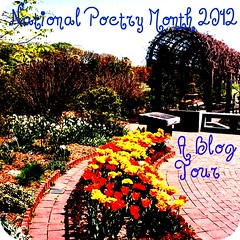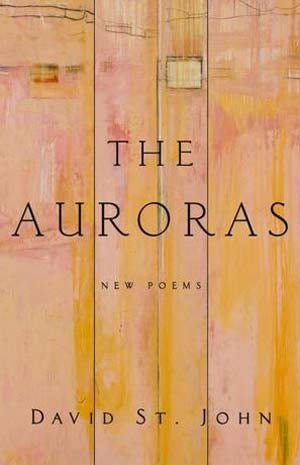Even though National Poetry Month is over and the blog tour has ended, I’ve still got a couple poetry items to wrap up.
First, thanks to everyone who participated this year, and I hope to see you all again in 2013. I’d like to recruit more poets, academics, and poetry readers to provide guest posts to other tour stops and to offer up their own blog stops on the tour. So if you’re interested, feel free to email me at any time.
We had some great guest posts and reviews, and you can visit any of the posts or tour stops by clicking on the tour button. All of the links have been added to the Mr. Linky. If I missed a post from you, please feel free to add it.
Second, I want to congratulate the winners of the National Poetry Month Blog Tour giveaway.

Congrats to Liviania from In Bed With Books and Lilian of Circus Toybox
Congrats to the five winners of the Trembling Pillow Press Journals: Elizabeth, Gerry, and Parrish Lantern.
Congrats to the nine winners of Real Courage by Michael Meyerhofer: Leslie from Under My Apple Tree, Anna from Diary of an Eccentric, Kathy of Bermudaonion, Diane, and Chris.
There are some winners I still have not received an address from, please send it along so I can mail out your prizes.



 About the Poet:
About the Poet:





